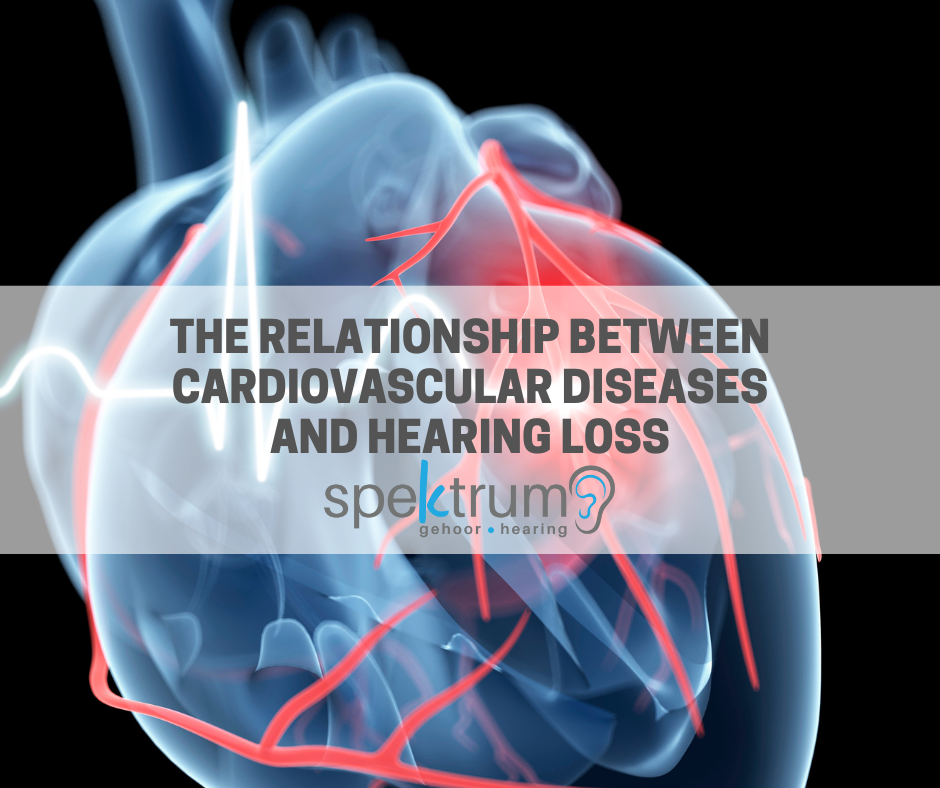
The relationship between cardiovascular diseases and hearing loss
A low-frequency hearing loss could be an early indicator that you have cerebrovascular disease or may be at risk for cardiovascular disease. There are various risk factors for the development of cardiovascular disease, including diet and lifestyle, family history, age, or conditions such as the following:
- Hypertension
- Blood pressure
- Diabetes
- Glucose intolerance
- Blood glucose level
- Smoking
- High body mass index (BMI)
- High cholesterol
- Hyperlipidemia
Medical professionals may look for hypertensive organ damage to try and predict which individuals may progress to more clinically significant cardiovascular disease, including heart, brain, arteries, kidneys and eyes. The ear may be another organ to be noted in the guidelines as being associated with risk for cardiovascular disease. A low frequency or flattened hearing loss may be a marker that can predict the presence or the potential development of cardiovascular disease.
Poor cardiovascular health causes inadequate blood flow and blood vessel trauma to the inner ear, which is so sensitive to blood flow that a low frequency hearing loss may be an early warning sign of cardiovascular disease, such as intracranial vascular pathology (stroke and transient ischemic attacks), peripheral vascular disease, coronary artery disease and myocardial infarction.
Another hearing disorder associated with cardiovascular health, as well as the medication for cardiovascular disorders, is pulsatile tinnitus. Due to the number of blood vessels close by the ear, disorders can affect them, thus tinnitus that closely matches the heartbeat.
Some of these disorders include:
- Atherosclerosis
- High blood pressure
- Head or neck tumours that presses on blood vessels
- Turbulent blood flow caused by a narrowing of the jugular vein or carotid artery
- Malformation of capillaries
If you have been diagnosed with a cardio or cerebrovascular disorder, it is important to have your hearing evaluated regularly and to get any hearing loss treated with hearing aids early, in order to preserve hearing levels and improve quality of life.
We can assist with booking.
